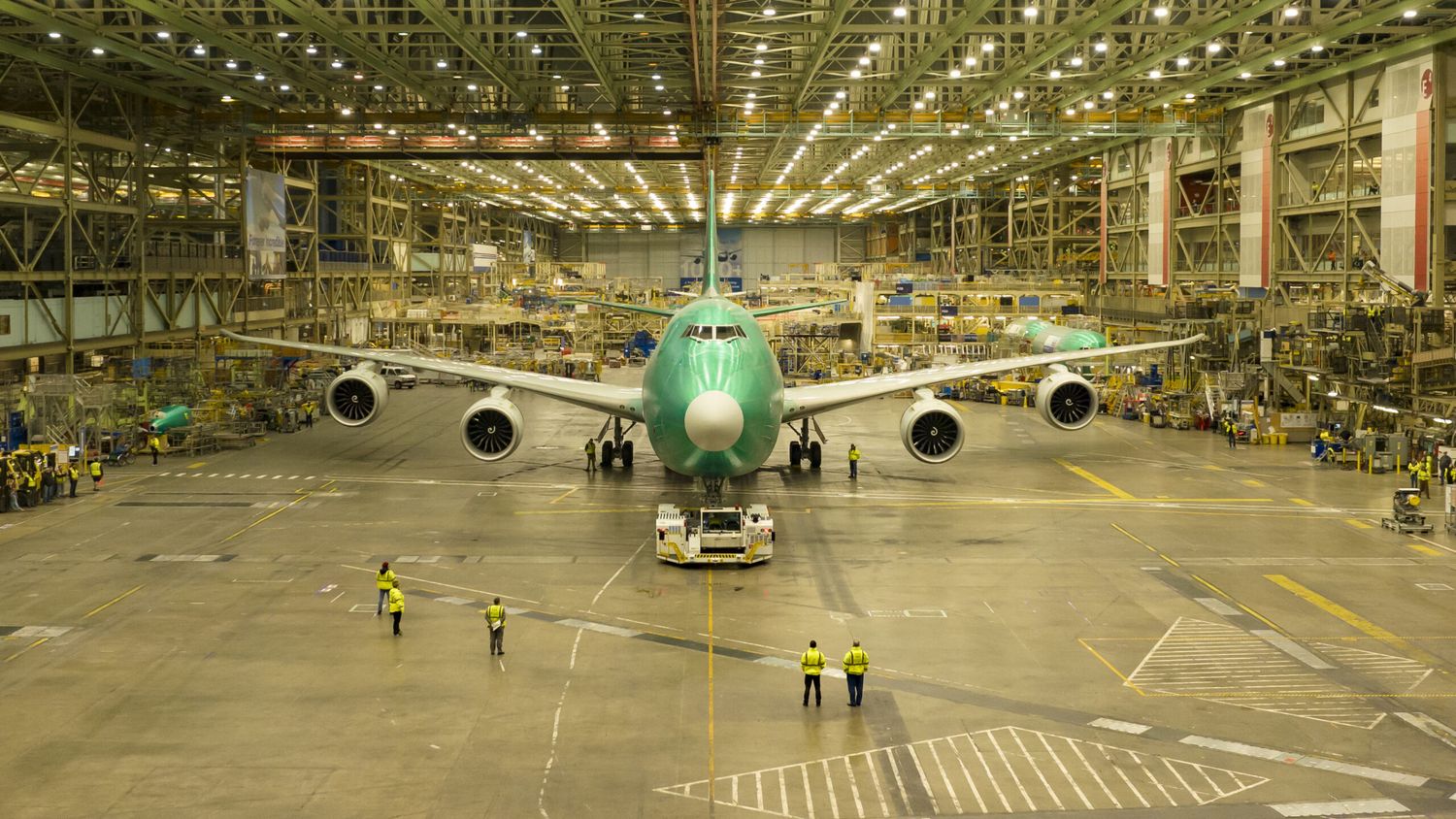Industry unrest over Airbus and Boeing delays
Airlines and lessors are beginning to use their right to compensation as a bargaining chip for ongoing delays in the delivery of commercial aircraft by both Airbus and Boeing.
As CNBC reports, the manufacturers are delivering their planes between three to six months late due to havoc with supply chains. This is upsetting leasing companies, which began pressuring manufacturers over the delays.
Airbus and Boeing’s liability hangs on the word excusable: aircraft purchase contracts contain dense descriptions of external factors that exclude liability for delayed performance. This means manufacturers can avoid paying fines or damages in the event that their conduct is «excusable.» While it depends on the particular contract, excusable delays typically include acts of God, natural disasters, fires, floods, earthquakes, epidemics, wars, and strikes.
Related content: Airbus and Boeing expect supply chain problems to remain through 2023
Non-excusable delays are defined by exclusion, basically implying everything outside this catalog. As last year’s deliveries were below target and with growing doubts about 2023, Boeing and Airbus are again invoking the excusable delays clause.
This has not gone down well at all with their customers. «They are not excusable at all,» noted Aengus Kelly, CEO of leasing giant AerCap, while Air Lease Corporation (ALC) CEO Steven Udvar-Hazy said the manufacturers had «grossly miscalculated» their production.
Tensions have been exacerbated by the fact that each delay is announced later than the previous one. And filling the gap caused by these delays means taking aircraft out of storage, leading to multi-million dollar service bills and bottlenecks in the workshops.
Airbus and Boeing responded by claiming that the situation is the result of a mix of factors: from the pandemic to weak supply chains to a sudden spike in demand. This does not convince Kelly: «(The manufacturers) were too optimistic about what they could produce. They are trying to blame the pandemic when the effects of the pandemic are long gone,» he said. France – where Airbus is headquartered – ended the COVID-related state of emergency last July. The World Health Organization, meanwhile, said that while «there are still too many uncertainties and gaps for us to say that the pandemic is over,» it hoped to declare the end of the emergency in 2023.


Comentarios
Para comentar, debés estar registrado
Por favor, iniciá sesión